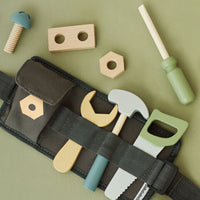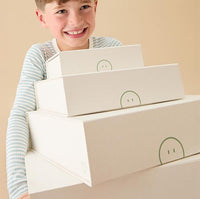Looking after our mental health and wellbeing is more important than ever right now, but isn’t always as easy as we would like it to be. With so much happening in the news and on social media, many of our anxieties have been exacerbated which takes a toll on how we are feeling day to day.
To help you through this period and keep your mind feeling a little better, we’ve curated some of the most helpful tips for better mental health and for coping with anxiety. We’ve also included the apps we’re using to help us through this time.















